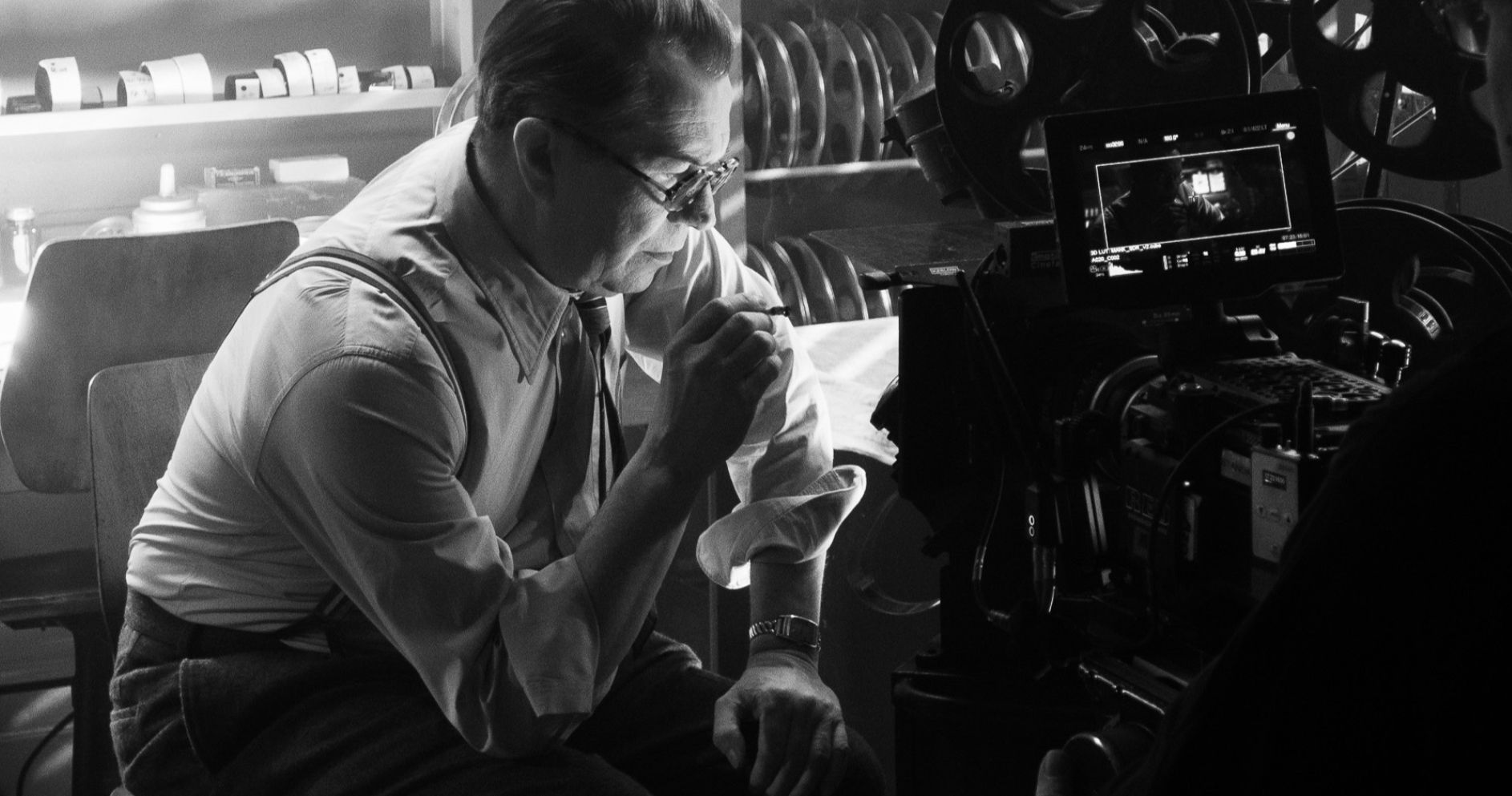Since filmmaking began, one of the biggest questions regarding the art of cinema comes down to how much credit the various people involved in making a movie deserve for the final product. Auteur theory contends that filmmaking is a highly centralized process, and true cinematic art can only be achieved if the entire movie and everyone involved in making it closely adhere to the vision and voice of the director, who is seen as the true author of the project.
Naturally, those who view moviemaking as a more collaborative process take issue with the auteur theory. David Fincher is one filmmaker who is known for exerting tight control over every aspect of his movies. Yet, surprisingly, Fincher revealed in a recent interview with Collider that he does not believe in "auteur" cinema.
"I don't believe in auteurism, because I don't ultimately feel that anyone can inform a moment so explicitly, that what everyone is in service to is simply that one person's idea. I feel like moviemaking owes a lot more to demolition derby than it does to neurosurgery."
The truth is, the movie making process is far too chaotic to allow for any one central voice to have the upper hand at all times. According to Fincher, there are too many factors that go into making magic happen on screen, many of them outside human control, to credit the director alone for making it all happen.
"As you well know, and as anybody who's spent any time on a set knows, there's a lot of sweat and swearing and trickery and manipulation, and you have to be equally good at blunt-force trauma as you are sculpting rice grains. It's brain surgery, and interior house painting, and pouring a foundation, and child psychology. It's all of those things happening simultaneously. It's a very difficult thing for the uninitiated to imagine the kind of self-possessed douchebaggery that it takes to make it happen. And sometimes it happens by accident, and sometimes it happens by explicit fractal design. And sometimes somebody fucks up a line in the best possible way, and it changes the coverage and what that scene finally means."
Still, the fact remains that many filmmakers, from Tim Burton to Wes Anderson to Quentin Tarantino, have managed to create cinema that feels deeply reflective of their personal vision and artistry. Fincher also stated his belief that auteur filmmaking can be pulled off occasionally, but never very cleanly, or to the complete satisfaction of the director.
"Auteurism could work if I'd ever seen anyone have the power to be able to perfectly explain what it is that they want, and then eighty-five other people to deliver on exactly what that is. And then you could definitely turn and point to that person. But if you're a talented fucking sculptor, you're gonna have hits, and you're gonna have misses. And you're gonna have stuff that you're still trying to wrestle with, and it's ultimately gonna be a process that involves a lot of people and a lot of dirt and a lot of waste-making. And, as we always say, 'Movies are not finished - they're abandoned.'"
This news first appeared over at Collider.

